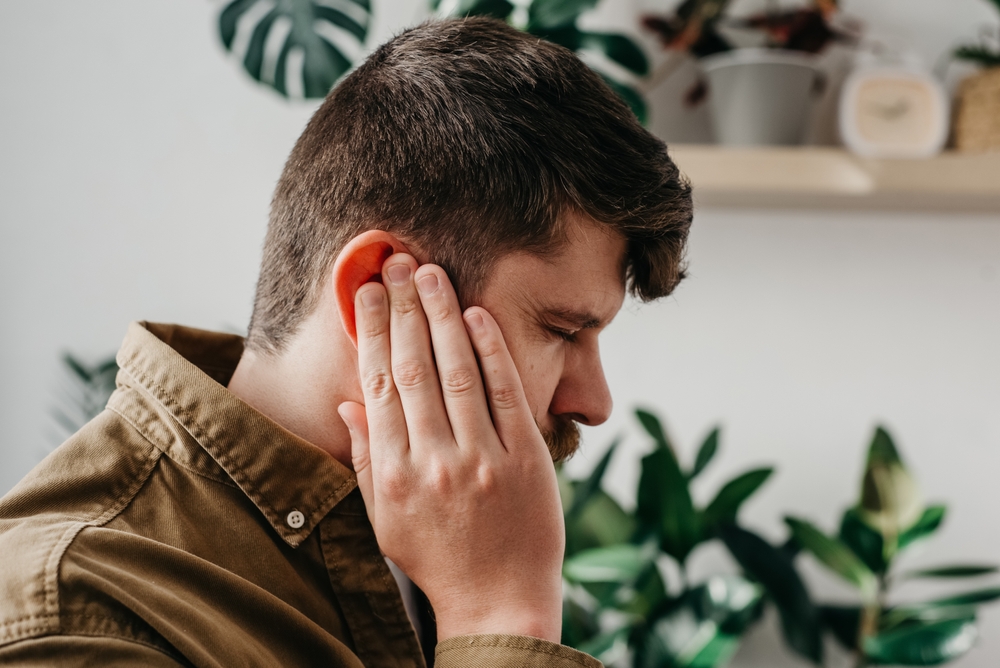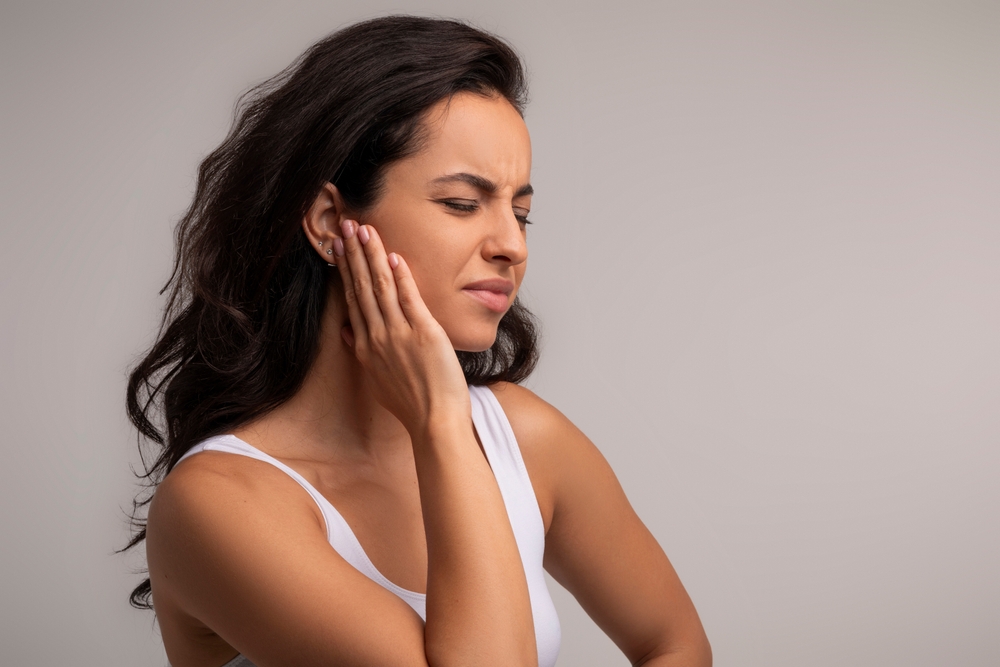When you first detect that persistent ringing in your ears, your initial reaction might be to ignore it and hope it goes away. You continue with your daily routines—grocery shopping, cooking dinner, chatting with your partner—all the while trying to dismiss that annoying sound. You hold onto the belief that your tinnitus will disappear on its own.
However, after several days of constant ringing and buzzing, you might start to question that assumption.
You’re certainly not alone in this experience. Tinnitus can be a perplexing condition—sometimes it resolves on its own, and other times it can persist indefinitely.
When Tinnitus Is Likely to Resolve on Its Own
Tinnitus is a widespread condition—almost everyone experiences it at some point. Fortunately, in most instances, tinnitus is temporary and eventually fades away. A common scenario involves exposure to loud noises, such as attending a rock concert. Imagine seeing Bruce Springsteen perform live; it’s a fantastic show, but when you return home, you notice a ringing in your ears.
This type of tinnitus, caused by temporary damage from loud noise, typically subsides within a few days. You might chalk it up as a small price to pay for an unforgettable experience.
However, repeated exposure to loud noise over time can lead to chronic hearing damage. One concert too many, and you could find yourself waiting a long time for your tinnitus to resolve on its own.
When Tinnitus Persists
If your tinnitus doesn’t subside within three months, it’s classified as chronic tinnitus. It’s important to consult a professional well before the three-month mark if you experience persistent ringing, buzzing, or thumping in your ears.
Approximately 5-15% of people globally report chronic tinnitus symptoms. While there are known associations with conditions such as hearing loss, the exact causes of tinnitus remain largely unclear.
When the underlying cause of your tinnitus is not easily identified, finding a quick cure can be challenging. If you’ve been experiencing tinnitus for over three months without an identifiable cause, it’s less likely that the sound will disappear on its own. However, there are various treatment options available, such as cognitive behavioral therapy, noise-canceling devices, or hearing aids, which can help you manage your symptoms and improve your quality of life.
The Importance of Identifying the Cause
Pinpointing the underlying cause of your tinnitus can significantly simplify the process of managing the condition. For instance, if a bacterial ear infection is causing your tinnitus, treating the infection with antibiotics can resolve both the infection and the tinnitus, resulting in restored hearing.
Some causes of acute tinnitus include:
- Chronic ear infections
- Blockages in the ear or ear canal
- Meniere’s disease (often associated with chronic tinnitus, as Meniere’s has no cure)
- Hearing loss (commonly linked to chronic tinnitus)
- Damage to the eardrum (such as a perforated eardrum)
So…Will the Ringing in My Ears Go Away?
The bottom line is that, in most cases, tinnitus will resolve on its own. However, the longer the ringing persists, the more likely it is that you’re dealing with chronic tinnitus.
You might try to convince yourself that there’s nothing wrong and hope the ringing will go away. But if the tinnitus becomes disruptive—making it difficult to concentrate because the sound is too distracting—it’s time to consider a more comprehensive treatment plan than just hoping for the best.
For most of your life, though, tinnitus will likely remain a temporary condition—a normal response to a loud environment, and your body’s way of signaling that you should avoid such environments in the future. Whether your tinnitus is acute or chronic, only time will reveal the answer.
Find a professional near you for strategies and treatment options to help manage your tinnitus.



